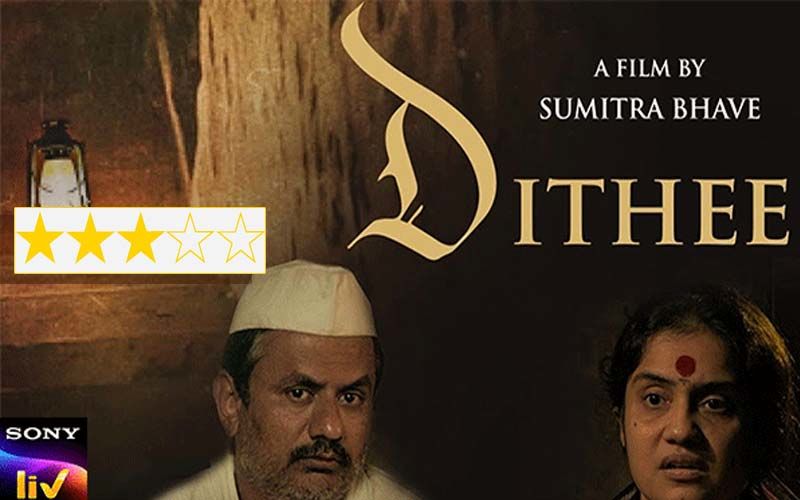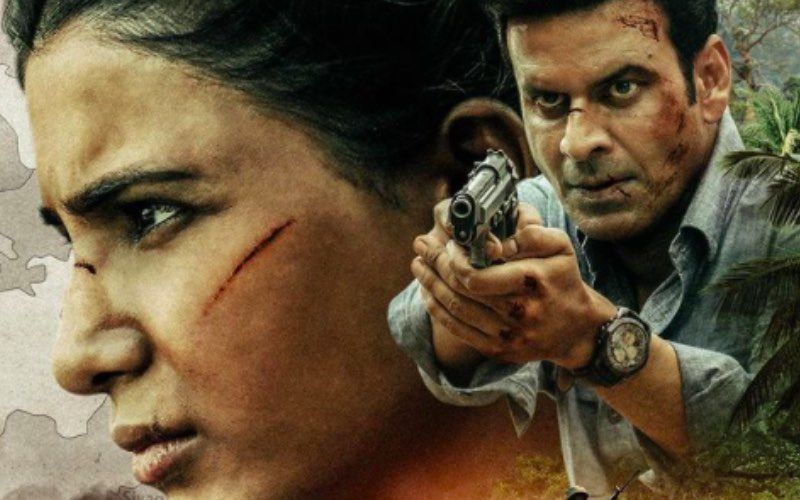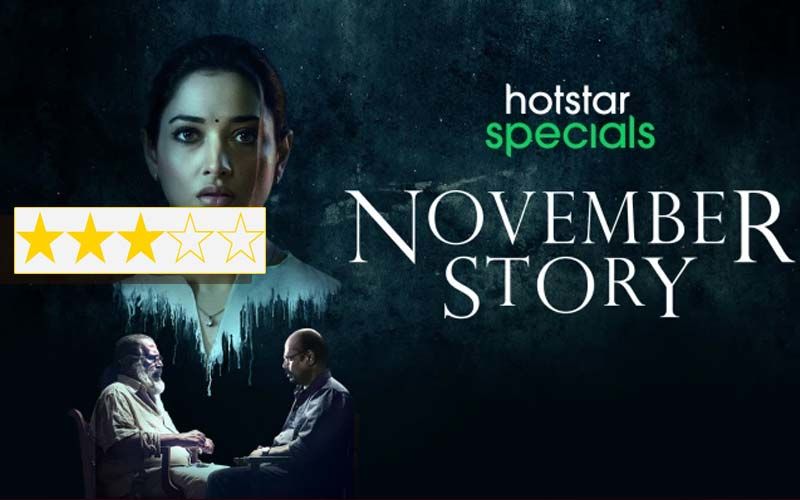Dithee Review: The Film Dithers Between Life And Death, Finally Falls In The Abyss
Despite the fatal flaw, Dithee is a film that needs to be seen for its visual texture and its celebration of the life-force with a joyous song at the end where everyone joins in with not a care in the world.


Discursive dramas on death and life (in that order) are prevalent in cinema all across the world. In Hindi, we had Mahesh Bhatt’s vivid and memorable Saraansh, one of the more immortal films on mortality that stood out for its lead performance and its powerful dialogues. Both the factors, the lead performance and the power-driven dialogues empower this highly-acclaimed Marathi film which asks this question: yes, life moves on after a loved one dies, but what if the bereaved can’t move on with life? Do you end your life in the hope that you will reunite with the one who is gone? Or do you look for reasons for what the Bee Gees famously described as Stayin’ Alive?
For Ramji (Kishore Kadam, giving a performance that claims brilliance as a birthright) the finality of death is impossible to accept. When the one gone is his only son how can life ever be filled with sunshine? The hope of his autumnal security is extinguished. Ramji is inconsolable. His friends, played by a gaggle of brilliant actors Mohan Agashe, Dilip Prabhavalkar, Girish Kulkarni (a tad young for the wizened company he keeps) and what a pleasure to see the much-missed Uttara Baokar as the compassionate matriarch, rally around Ramji, try to push him out of the abyss. Divert his mind with passages about life after death from the holy scriptures.
But Ramji’s stubborn refusal to accept his son’s departure is like a cloud hovering over the characters. Providentially, and with calculated lyricism, it rains and it pours in the film while Ramji’s tears remain frozen. The visual mix of grief and cloudbursts is captured by cinematographer Dhananjay Kulkarni in swirls of misgivings. Then something happens. A nervous couple, exceptionally played by Amruta Subhash and Shashank Shende, are awaiting the birth of a calf. And their cow is in labour distress. Ramji’s intervention is required.
Here is where I had difficulties going along with Ms Bharve’s philosophical arguments. For one, it appears insensitive to solicit a bereaved father’s services to deliver a calf. More importantly, Ramji’s transformation from monstrous unreasonable grief (he shouts for his daughter-in-law, the underused Anjali Patil, to leave with her newly-born baby girl as she was unable to “give back” his son to him by delivering a boy) to sudden acceptance of the loss and even joy in the new birth, is not fully convincing. It looks laboured.
Even if one accepts Ramji’s transformative leap as divine intervention, it is still not certain why a man lately so wounded by grief would be so accepting of his loss after a calf is born. All I can say is, good for Ramji. Life’s losses are less lyrical far more difficult to accept. Despite the fatal flaw, Dithee is a film that needs to be seen for its visual texture (dark louring skies, pelting rain) and its celebration of the life-force with a joyous song at the end where everyone joins in with not a care in the world.
Indeed, Dithee works better as a stage play on film. The characters are often seen in postures suggesting the presence of an audience somewhere out there. Invisible, invincible, incomprehensible.
Written & Directed by Sumitra Bhave, Dithee gets 3 stars.
Image Source: Instagram/samthebestest_ , youtube/rajshrimarathi
Image Source: Instagram/samthebestest_ , youtube/rajshrimarathi








